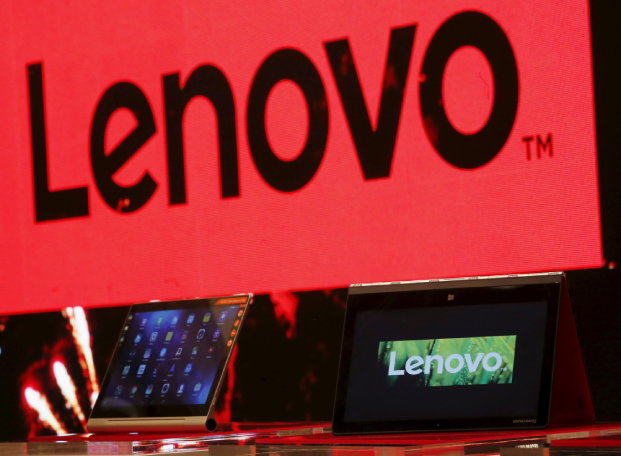China’s Lenovo Group reported a 16% fall in revenue for the three months through to September on Thursday, as PC demand continues to struggle.
Lenovo’s quarterly revenue fell to $14.41 billion from the same period last year, marking the fifth consecutive quarter that the world’s largest PC maker has suffered a sales decline as it continues to digest excess inventory accumulated during the Covid-19 pandemic.
The result compared with the $14.45 billion average of seven analyst estimates compiled by LSEG.
In May, Lenovo reported 14% revenue decline for the year through to March, its first annual fall since 2019, following a pandemic-induced boom for electronics manufacturers.
Also on AF: Alibaba Pulls Plug on Cloud Unit Spin-Off Over US Chip Curbs
The Covid-19 outbreak brought a surge in both enterprise and personal electronics sales as the world embraced remote work. However, revenue started contracting last year as supply began to outstrip demand.
Worldwide PC shipments fell 7% in the second quarter of 2023, showed data from researcher Canalys. Quarterly shipment decline surpassed 30% late last year but the pace has slowed in recent quarters.
To help lift PC sales, Lenovo aims to release its first “AI PC” – or PC that can make use of artificial intelligence (AI) without the internet – in the second half of next year, said Chairman Yang Yuanqing.
“We definitely believe that this new category of PC will bring value to our users and customers and boost another round of sales in PCs,” Yang said.
A key selling point of AI PCs is that users will not need to send data to the cloud to use generative AI tools, better protecting user privacy.
Lenovo Moving Into Smartphones, Servers
Yang said Lenovo is still evaluating any impact of new US curbs on AI chip exports, which barred US chipmaker Nvidia from selling many ‘bleeding-edge’ AI chips to China.
“The new US regulations only restrict the high-end GPUs, (graphics processing units) particularly for AI training. But it’s not all the chips,” he said. “We have a very broad and comprehensive cooperation with Nvidia in gaming PCs, in workstations and in high-performance computing. I think, definitely, this business will not be impacted.”
To improve profit margins, Lenovo has also been expanding non-PC businesses, such as smartphones, servers and information technology (IT) services.
Throughout the first half of its fiscal year, revenue from Lenovo’s digital solution service business rose 14% to $3.6 billion.
Overall net income attributable to shareholders in the second fiscal quarter fell 60% to $249 million versus analysts’ $235 million estimate.
The price of Lenovo shares fell 2.86% in early afternoon trading in Hong Kong following the earnings release, compared with a 1.42% decline in the benchmark index.
- Reuters with additional editing by Sean O’Meara
Read more:
India to Permit Apple, Samsung, Lenovo to Import PCs, Tablets
China’s Lenovo Logs Revenue Hit as PC Demand Crashes
Tencent to Turn to Chinese Chips as US Bans Risk Cloud Service
Samsung Designs Generative AI Tech, For Use in Its Devices
























